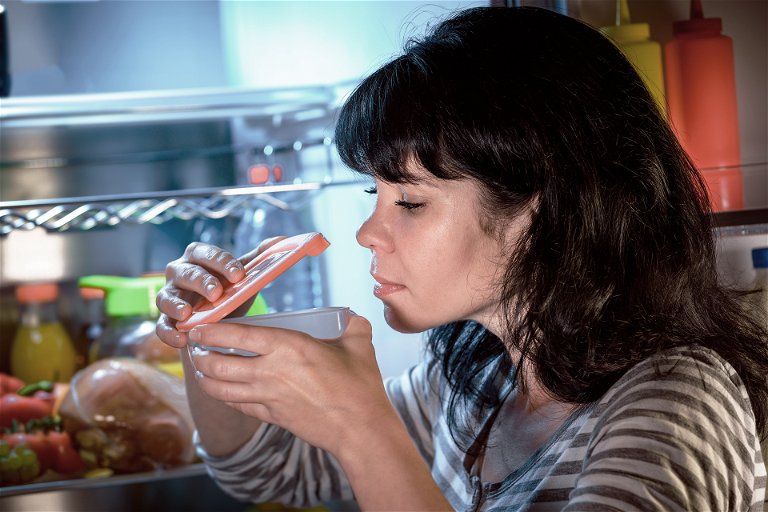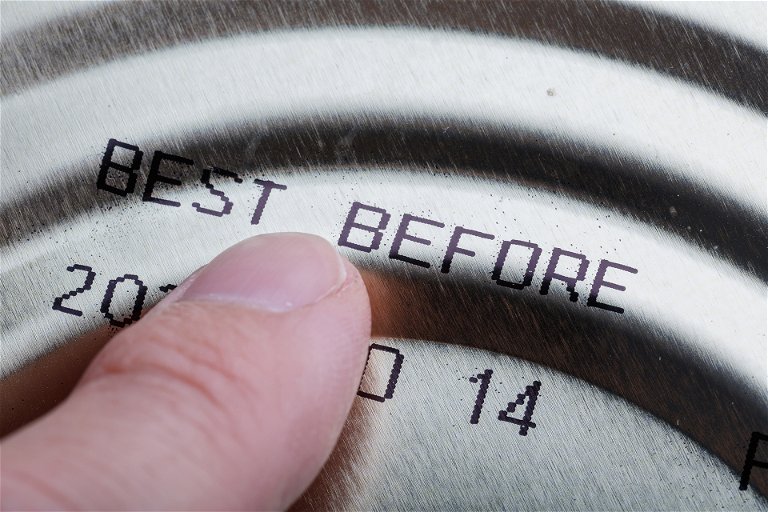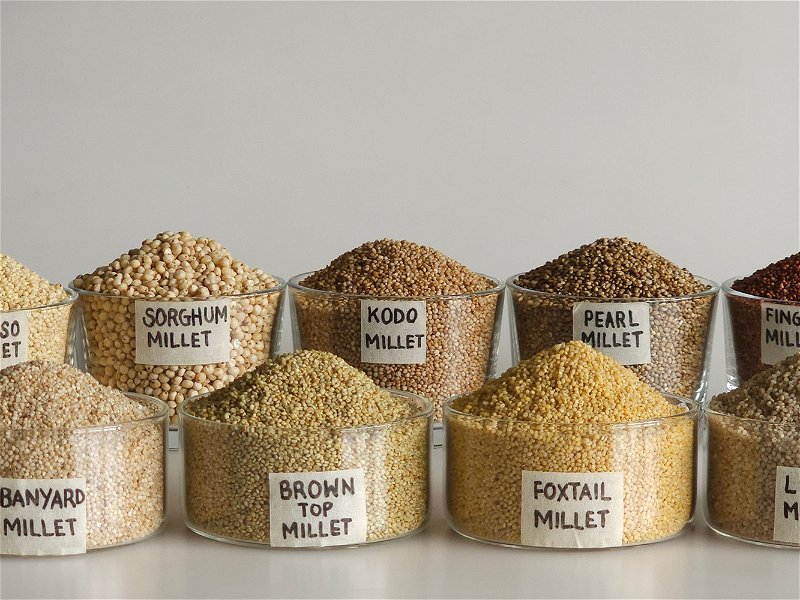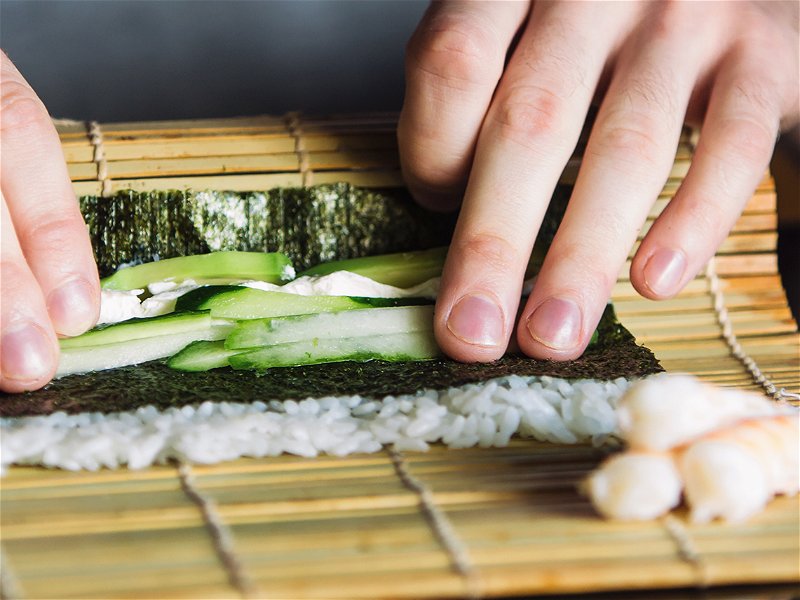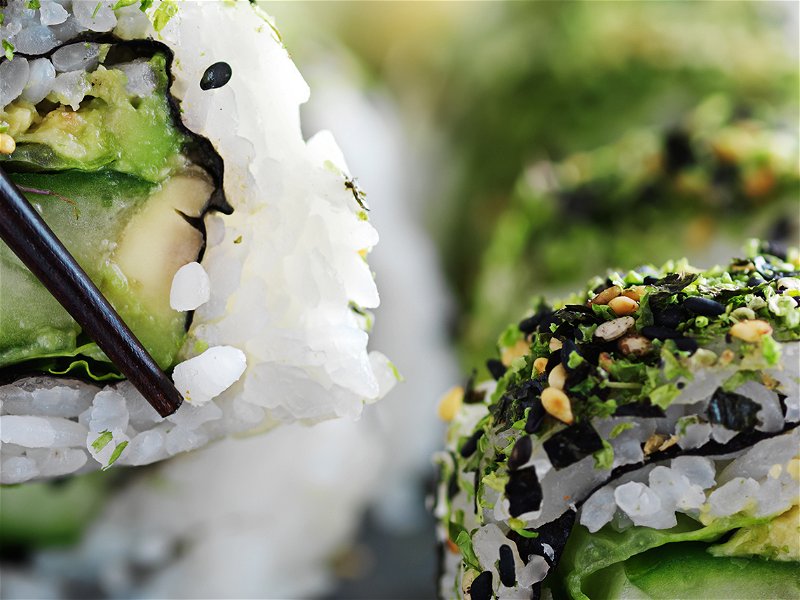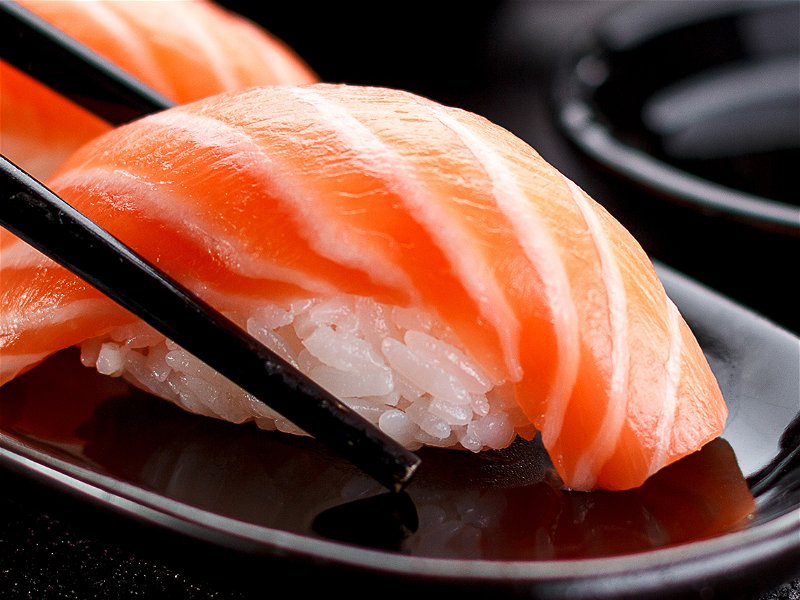Finding clarity on food expiration dates
With ´use by´, ´sell by´, best before´, and ´enjoy before´ common terms in today’s food system, there is increasing confusion surrounding food expiration dates, impacting concerns over food safety.
“Use by”, “sell by”, “best before”, and “enjoy before” are all terms used to describe food expiration in today’s retail environment. Food preservation is a crucial area of the food industry that ensures food is safe to consume and maintains its quality. Preservation also helps to reduce waste and can impart a new flavour or texture.
Using food expiration labels
In the UK, the Food Standards Agency asks businesses to use two terms when referring to food expiration: “use by” and “best before”, Valia Christidou, Lecturer and Food Industry consultant at The Food Launchpad shares.
“Use by” is applicable when food is highly perishable and likely to constitute an immediate danger to human health if consumed. For example, when microorganisms grow, they can cause harm if they or the toxins they produce are eaten. Due to human health risks, The Food Standards Agency states that people should not consume products with a “use by” date beyond the date that is on the food’s labelling.
“Best before” labels refer to food quality. Product packaging with a “best before” date does not constitute a concern that, if consumed, the item will be hazardous to health, but that its quality will be below what the product promises and the consumer expects. An example is chocolate that has bloomed (when the surface goes white), a biscuit that has gone soft, bread that becomes stale or oil that turns rancid.
Guidance on food expiration
Consumers should follow this standard and look for these labels on their food and beverage packaging. “Manufacturers should not be using any other terms like sell by, enjoy before etc.,” says Valia Christidou, Lecturer and Food Industry consultant at The Food Launchpad. “They confuse an often already confused consumer,” adds Christidou. Such confusion can cause, at the very least, product waste.
While these terms may help those running a shop to keep an eye on stock rotation or add an appealing marketing message, simplicity and clarity are key. “All they do is add confusion on something that is too important for this,” says Christidou.
In Europe, under the current Food Information for Consumers retained European Union (EU) Regulation 1169/2011, there are also products that are exempt from date coding. These items include certain fresh fruit and vegetables, bakers’ wares, vinegar, cooking salt, solid sugar, certain confectionary products and chewing gums. The Institute of Food Science and Technology, an independent qualifying body for food professionals, based in the UK, sets out guidance on date labelling on pre-packaged food and exempt products.
“Manufacturers are ok also to use the terms: ‘Use within x days of opening’ or ‘Best within x days of opening’ if they deem this important in the case of their product,” says Christidou, adding “From my experience, these are rarely used. Instead, manufacturers add instructions for storage pre- and post-opening,”.
Deciding whether to keep or discard food
If we are talking about “use by” dates, the guidance is very clear, Christidou says. Food should not be consumed.
If there is a best before date, then consumers need to use their senses, Christidou relays, and ask questions, such as:
- Does the food look as expected and is typical for that product? For example, no discolouration, no visible mould growth and no changes to its surface
- Does it smell as expected and is typical for that product? For instance, no off notes such as rancid fat
- Is the texture as expected and typical for that product?
It is also important that consumers follow storage instructions. Following instructions ensure products last as long as possible, reducing waste. Upcycling and contributing to a circular economy are firmly under the global food industry spotlight as brands and formulators look for new ways to limit food waste.
Commenting on the necessity to lower waste, Christidou says: “This is so important when a lot of food waste happens at home and in the current climate, when the UK is entering a period of recession, reducing food waste can help.” To lower food waste, the Food Standards Agency advises consumers to plan their meals and follow guidance on chilling, freezing and defrosting food.
Achieving food safety
When developing a new product or process or changing food packaging, manufacturers should retest a product’s shelf life to confirm how long the use by or best before should be and when the product has been stored according to their instructions, Christidou states.
Decisions need to be based on science and data collected to build trust and confidence in our food systems. “In the past, when developing a new product that there was little data on I would run a set of trials where we would deliberately ‘challenge’ the food with certain microorganisms to confirm whether there was a risk of them growing or not,” says Christidou.
Long-standing recommendations in the food industry champion uniformity among expiration date labelling, as highlighted in this 2014 study. A universal understanding of food safety and quality, their relationship with food expiration dates and labelling is seen as an effective way to lower confusion and limit food waste to improve the future of our food system.
